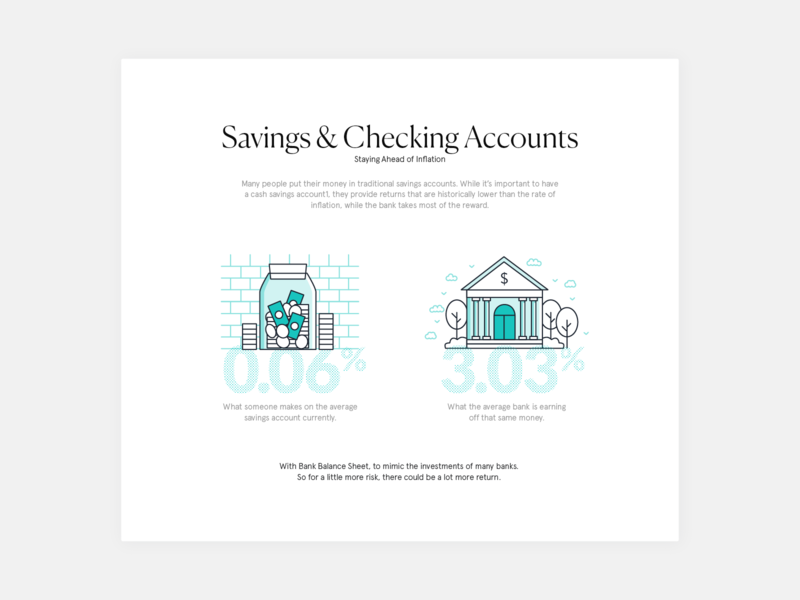Defaulting On A Performance Bond Can Have Significant Economic Consequences.This Can Result In A Series Of Monetary Impacts, Including:
Defaulting On A Performance Bond Can Have Significant Economic Consequences.This Can Result In A Series Of Monetary Impacts, Including:
Blog Article
Content By-
When a surety problems a performance bond, it guarantees that the principal (the event that purchases the bond) will certainly meet their commitments under the bond's terms. If the major fails to meet these responsibilities and defaults on the bond, the guaranty is accountable for covering any losses or damages that result.
1. Loss of reputation: Defaulting on a performance bond can harm the principal's reputation and reliability, making it tougher to safeguard future service or financing.
2. Legal and administrative costs: The guaranty may need to pay legal and administrative expenses connected with pursuing the principal for problems or attempting to fix the scenario.
3. Economic losses: The surety might require to cover the expense of completing the project or giving the solutions that the principal failed to deliver. This can cause considerable monetary losses for the guaranty.
4. Increased premiums: If the principal has a background of back-pedaling performance bonds, they may be required to pay higher costs in the future to get the necessary bonding.
On the whole, back-pedaling an efficiency bond can have serious monetary repercussions for both the principal and the guaranty. It is very important for principals to meticulously consider their obligations and ensure they have the ability to meet the regards to the bond to stay clear of these negative end results.
Defaulting on an efficiency bond can be an expensive error for organizations. When you stop working to fulfill the bond's responsibilities, the financial effects can be considerable. From paying the complete bond total up to possible lawful battles and harmed connections, the repercussions can resound throughout your company operations. Understanding the complex internet of monetary influences that back-pedaling an efficiency bond can have is important for securing your business's monetary wellness and online reputation.
Financial Penalties for Defaulting
If you default on a performance bond, you'll likely face substantial financial penalties. These fines can differ depending on the regards to the bond agreement but commonly include paying the bond amount completely to the obligee. This means that if you stop working to meet your legal obligations, you have to pay the bond total up to the task owner or the entity that called for the bond.
Additionally, you may also be accountable for any type of extra prices sustained by the obligee as a result of your default, such as locating a substitute professional or covering project hold-ups.
Back-pedaling an efficiency bond can likewise lead to lawful fees and court costs if the obligee makes a decision to take legal action versus you to recover the bond quantity. These costs can quickly accumulate, further worsening the financial impact of your default. It's necessary to carefully examine and comprehend the regards to the performance bond to stay clear of these severe financial penalties.
Influence On Service Capital
Back-pedaling an efficiency bond can considerably affect your organization cash flow, impacting monetary security and functional abilities. When you default on a performance bond, you risk losing the bond amount, which can be a substantial amount. mississippi title bond affects your cash flow, as you'll require to discover different resources of moneying to cover the bond quantity. In addition, skipping can bring about increased scrutiny from guaranties, making it harder and extra pricey to protect bonds in the future. This can better strain your cash flow as you may require to designate extra resources to meet bonding requirements.
The impact on your capital does not stop there. Back-pedaling a performance bond can also result in job hold-ups or cancellations, resulting in a loss of profits. Additionally, the negative track record that features failing can deter prospective clients, even more reducing your cash flow. Overall, defaulting on an efficiency bond can have destructive impacts on your company's monetary health and ability to operate efficiently.
Legal Implications and Claims
Dealing with lawful implications and possible lawsuits as a result of defaulting on an efficiency bond can dramatically influence your service's track record and financial standing. When you back-pedal a performance bond, the guaranty business might take legal action to recover the bond amount paid out. This could cause expensive lawful fees, court expenditures, and potential settlements or judgments versus your company.
Additionally, defaulting on a performance bond might lead to damaged connections with clients, subcontractors, and vendors, affecting your ability to protect future contracts. Lawsuits occurring from bond defaults can tarnish your organization's trustworthiness in the market, making it testing to attract brand-new companions or customers.
Furthermore, if janitorial bonding insurance leads to a court judgment versus your company, it could cause property seizure or liens, even more stressing your financial security. Consequently, it's essential to understand the lawful implications of defaulting on a performance bond and take proactive actions to alleviate the risks entailed.
Conclusion
As you encounter the effects of defaulting on an efficiency bond, remember this: it resembles walking a tightrope without a safety net. One wrong step can send you plummeting right into a monetary freefall, with no means to quit the autumn.
The punitive damages, cash flow influence, and lawful ramifications are all waiting to catch you if you blunder. So walk very carefully, and constantly recognize your dedications to stay clear of the severe consequences of default.
